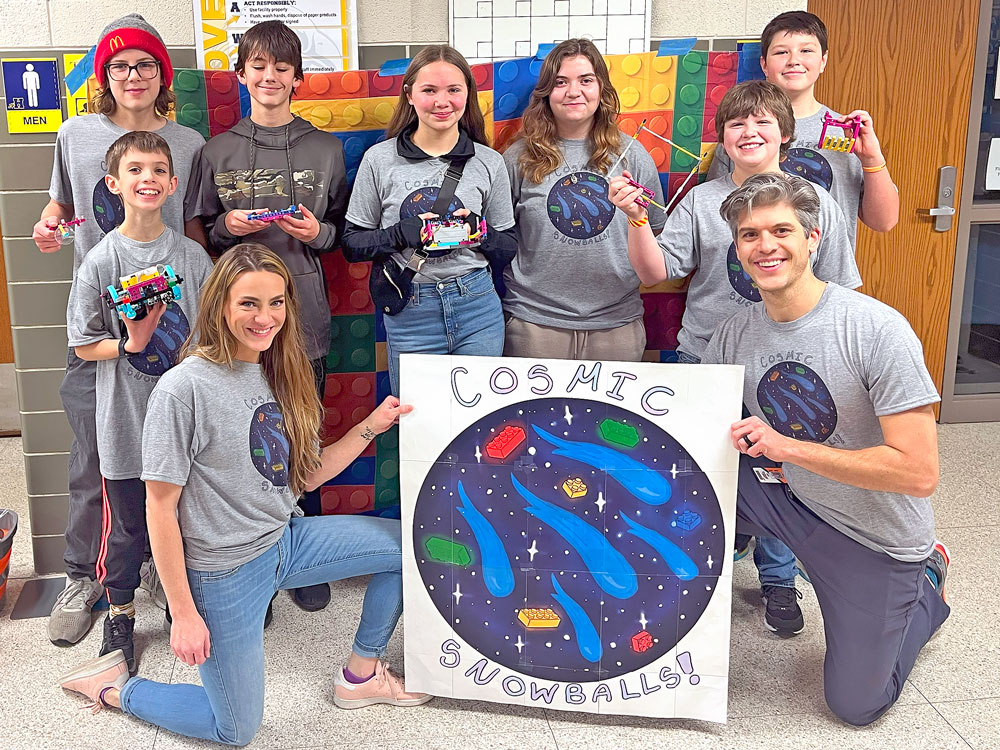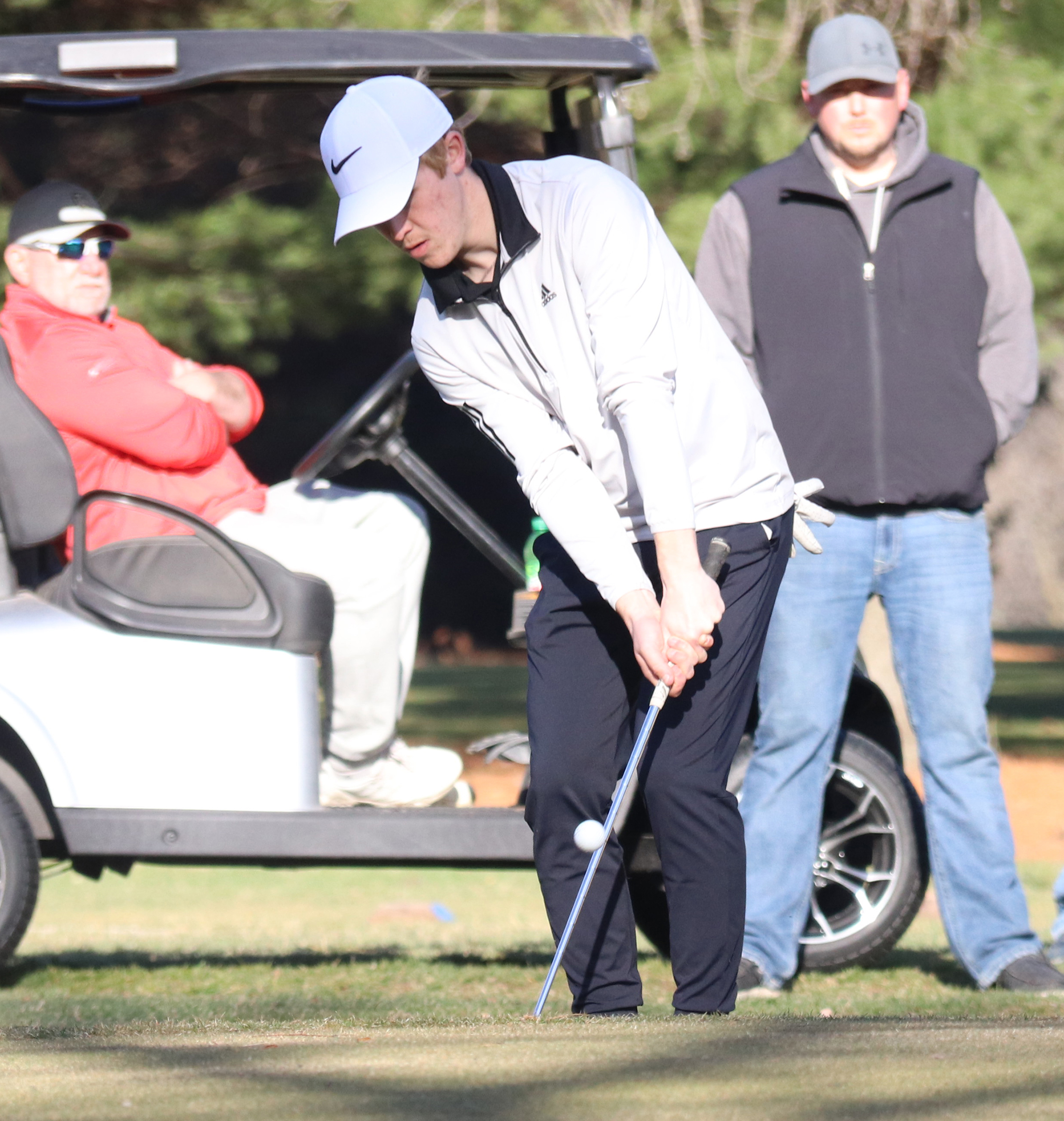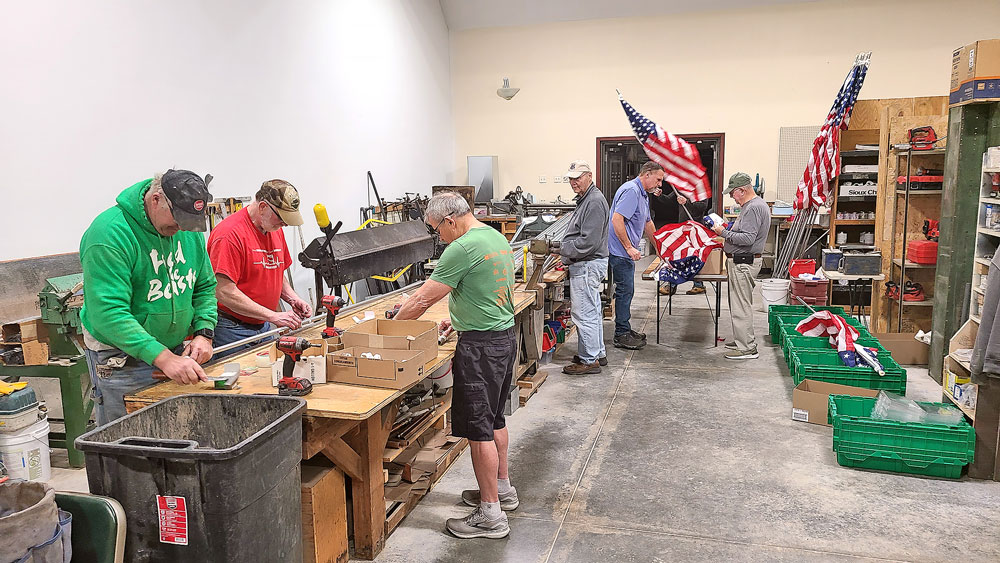Allowing students to officiate sub-varsity sporting events is the right call
By John Burbridge
sports@charlescitypress.com
Sometimes you just want to kill the umpire.
I’m exaggerating, of course … just a little.
To be fair, there were likely no serious thoughts of homicide during the latter game of a recent Northeast Iowa Conference baseball doubleheader between Charles City and Waverly-Shell Rock. Just cries of indignation.
Or rather howls.
The Comets were trying to rid themselves of a mid-season funk which started the week before at the same site — Wartburg College’s Hertel Field — which on occasion serves as Charles City’s “home away from home” during the monsoon season.
In a previous game against Dike-New Hartford, the Comets were up 11-1 only to get stunned by the state-ranked Wolverines, who rallied back to win 12-11 in extra innings.
Watch the haunting sequence in the acclaimed movie Moneyball depicting the Oakland A’s blowing an 11-0 lead in their quest to set what was then an American League record of 20 straight wins, and you’ll get a better feel for the Comets’ pain.
Incidentally, the comeback helped Dike-New Hartford start the season with 20 straight victories.
As for the Comets, the loss sent them into a five-game skid. They appeared to finally break free of it after recording the apparent final out in an apparent 2-1 final while salvaging a DH split against the Go-Hawks.
But when Waverly-Shell Rock’s first-base coach asked for an appeal claiming that the Comets’ first baseman was pulled off the bag during the “apparent” 5-3 putout, the call was reversed by the home plate umpire who was 90 feet from the play.
Comet wins against the Go-Hawks have been rare as of late. And some of Charles City’s losses to its southern rival have come in gobsmack fashion.
With the tying and winning runs on base after the reversal, this game was on the verge of becoming yet another snake-bitten chapter for the Comets.
Charles City eventually recorded the elusive third out and won the game. And the ire levied against the home plate umpire was lifted.
Just a little.
But let’s ponder the fallout if the Comets lost the game after the umpire had “ripped it away from the jaws of victory”. Sure, it would have been a tough loss for the players and fans, but in a scholastic extended classroom setting, it would have been one of those experiences with the potential to mold the character of the participants on the short end of the stick … or in the spouted direction of the hose.
But let’s ponder again the potential character-molding experience for the aforementioned umpire if he were a high school student himself.
During its June 10 board meeting, the Iowa High School Athletic Association approved to open up sport officiating opportunities to high school-aged students for sub-varsity contests starting the 2019-2020 school year. As stated by the IHSAA, it’s “an effort to increase the potential pool of registered officials and better include interested students.”
While risking the revocation of my Journalism Watchdog license for praising a governing body rather than eviscerating it, let me just say the new policy is “brilliant” if not just based from necessity.
Obviously, this will help more students get involved in high school sports … even the ones they may not excel at. For example, a student-official may not have that coveted innate “anticipation” sense that is common among star athletes, but the lack of that sense could help prevent him or her from making “phantom calls” provoked by premature whistles ex-stars tend to blow when they make the striped-attire transition.
High school kids have been officiating sport contests for a long time, but usually at the youth town league level. Having them preside over scholastic contests featuring their peers and in front of an audience with ardent alumni ties may prove to be too harrowing for some.
But it’s easy to fathom that these early higher-pressure initiations will churn out more much-needed competent officials — some of whom may continue to pursue the service all the way to the collegiate and/or professional levels.
And if there is an association of sport officials that’s in dire need of new-blood infusion, it’s the Major League Baseball Umpires Association.
Not only is it an empowering act to allow high school students to officiate high school sporting events, it provides the crucible to help them better understand the responsibilities and accountabilities that come with the empowerment, as well as the tempered challenge to keep one’s cool in hostile situations.
Many teachers, coaches and school administrators are sport officials. They’re usually assigned games and contests that don’t include the schools where they are employed to avoid the specter of bias, but sometimes in the quest to fill junior varsity and freshman crews, exceptions have to be made.
So you can imagine a student walking into a classroom of a teacher he just tossed in a basketball game the night before.
The lesson for that day will no doubt be that tough decisions never please everyone whether they’re the right calls or not.








Social Share